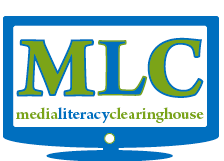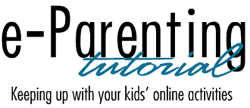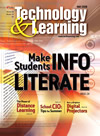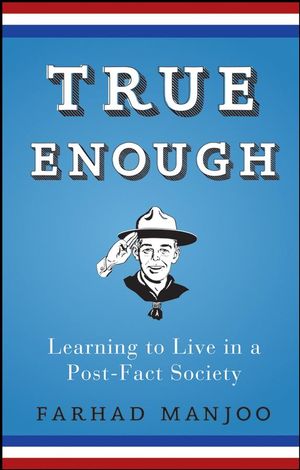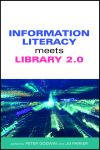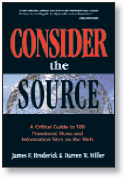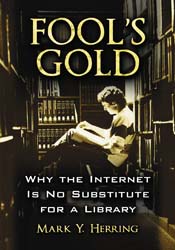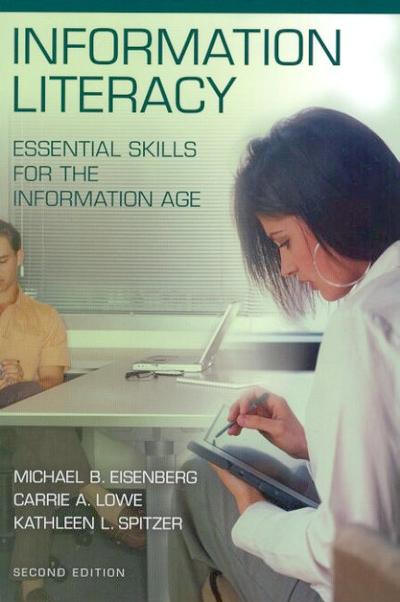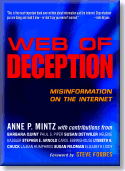|
|
|
|
| Raising a Digital Generation: Media Awareness Network Launches New Tutorial for Parents |
Digital literacy/citizenship curriculum | Digital Citizenship Curricula for Middle Grades |
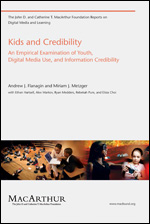 |
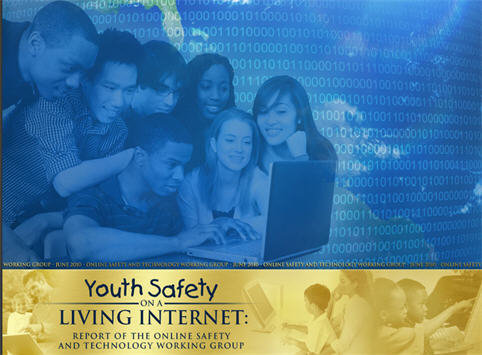 |
 |
A Visual Guide to Evaluating Web Resources (infographic)
Netsmartz: Teens; Digital Safety: Staying Smart Online
Seven Steps To Website Evaluation For Students (Three part series)
Straight from The Source (Factcheck)
98% Of American Users Distrust The Information They Find On The Internet (July 2012)
Understanding Infographics: (lesson plan)
Google Web Search – Classroom Lessons and Resources
Is This For Real? Seven Questions To Ask When You Read Anything
(Classic from 2000: Better Read That Again: Web Hoaxes and Misinformation)
Truth Lies & The Internet: A Report Into Young People’s Digital Fluency (Sept. 2011)
K12 Schools Must Fill Need For Digital Media Skills (August 2010)
Copyright And Fair Use: Lesson Plans for High School, College and Graduate Education
Predict Before You Click (Knowledge Quest, Jan/Feb 2010)
“Net Cetera: Chatting with Kids About Being Online” (FTC guide, 12/09)

Cyber Safety–Public Service Announcements:
Know Where They Go (for parents)
Think Before You Post; Everyone Knows Your Name (both for females)
News: Despite The Internet, Google Generation Lacks Analytical Skills (Jan. 08 study)
Excerpt:
“While research into how young people become competent in using the Web is patchy,
the study did find some consistent themes. For one, information literacy has not improved with the
widening access to technology. Instead, the speed of Web searching means little time is spent
evaluating information for relevance, accuracy, or authority. Young people also have difficulty in
developing an effective search strategy. As a result, they have a strong preference for using natural
language in searching, rather than analyzing which keywords might be more effective. When searching
brings back a long list of results, young people have difficulty assessing the relevance of the materials,
and often print out pages with no more than a glance at them. “
“While media literacy and information literacy have developed as separate traditions, they share many of the same values.
In general, the “media literacy” tradition stresses the understanding, comprehension, critique and creation of media materials,
whereas the “information literacy” tradition stresses the identification, location, evaluation and use of media materials. Metaphorically,
we might say that “media literacy” sees media as a lens through which to view the world and express oneself, while “information literacy”
sees information as a tool with which to act on the world. Both perspectives are relevant for developing media literacy policy.”
Livingstone, S., Van Couvering, E., & Thumim, N. (2005). p12 Adult media literacy: A review of the research literature. London: Ofcom.)
New:
|
|
Make Students Info Literate (Technology & Learning, May 2008) |
Info Lit Exercise for students
New Journal


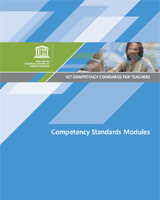
New UN Report (Feb. 08) ICT Modules (Mar 08)
Understanding Information
Literacy: A Primer
| Here is a short list of web pages that can be used to teach information literacy: all are fake sites… Be sure to review before recommending to/using with students Petite Giraffes |
- Avoiding Fake Web Sites
- Big6 Information Literacy
- Blogs and how to evaluate them
- Building Internet Literacy For Kids
- Children and the Internet (Media Literacy Review)
- Critical Evaluation Surveys & Resources (Kathy Schrock)
- Evaluating Web Pages: Techniques to Apply & Questions to Ask
- Evaluating Web Resources (ENC Focus)
- Evaluating Web Sites (McDougall-Littel/Houghton-Mifflin)
- Evaluation Rubrics for Web Pages
- Exploring Literacy in Cyberspace
- Fact, Fiction, or Opinion? Evaluating Online Information
- Five Ws of Cyberspace
- Five criteria for evaluating Web pages
- How to evaluate web resources
- How to read a web address (Alan November)
- Information age inquiry
- Information competency tutorials
- Infolit & Health
- Information Literacy (ALA)
- Information Literacy
- Information Literacy Definitions
- Internet accuracy: Is information on the Web reliable?
- Internet Literacy: Young People’s Negotiation of New Online Opportunities
- Internet Literacy (handout, pdf)
- Is Seeing Believing? Visual literacy and web evaluation
- Is That Really True?
- Jo Cool or Jo Fool-Online Game About Savvy Surfing
- Kids On The Net: “Critical Thinking Skills for Web Literacy”
- Lesson Plan: Caught In The Web: Online Advertising Targets Kids
- Lesson Plan: Inquiry on the Internet: Evaluating Web Pages for a Class Collection
- Merlin Info Literacy
- National Information literacy Standards for Student Learning
- Online Activities Promoting Information Literacy
- Plugged In: Using the Internet for HS Journalism (pdf)
- The Simple Four (an information problem solving model)
- Studying the Internet
- Teaching Kids to be Web Literate
- Tech Know PBS Kids
- Thinking Critically About Web Page Content
- Trash or Treasure? How to Evaluate Internet Resources
- Web credibility project
- Web site evaluation form
- Web Smart Kids — What Is Media Literacy?
Recommended texts:
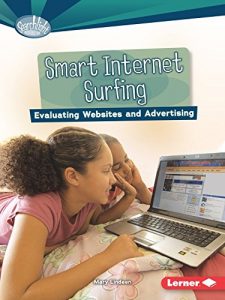 |
Evaluating Websites and Advertising (2016)
|
|
|
Children and the Internet Great Expectations, Challenging Realities Polity Books, Aug 2009 |
|
|
True Enough: Living in A Post Fact Society Wiley Books, March 2008 |
|
|
Information Literacy Meets Library 2.0 Facet Books March 2008 |
 |
Web Literacy for Educators Alan November Spring 2008 |
|
|
A Critical Guide to the 100 Most Prominent News and Information Sites on the Web
June 2007
|
|
|
Fool’s Gold Why the Internet Is No Substitute for a Library May 2007 |
| Teaching Web Search Skills Copyright 2006 |
|
 |
An Educator’s Guide to Information Literacy
|
|
|
Information Literacy: Essential Skills for the Information Age (2nd Ed)Libraries Unlimited ISBN: 1591581435 |
|
|
Web of Deception Misinformation on the Internet (2002)
Infotoday
|
Share This Page:
